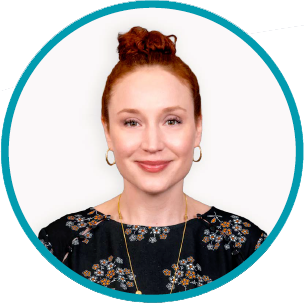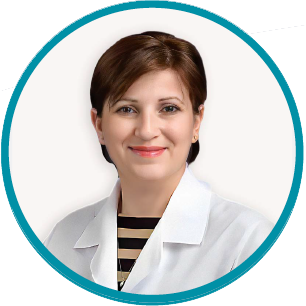
Teenagers and children with OCD, or obsessive-compulsive disorder, have a high level of anxiety due to genetics, internal and external triggers. It generally doesn’t disappear independently, so early intervention for children with OCD helps tame it with professional help. Parents may help teens and children with lowering stress in the household, responsive listening, and nurturing involvement. Keep reading to learn the importance of early intervention for children with OCD.
Genetics
Often teenagers and children with obsessive-compulsive disorder have one or multiple family members in the past or present generations who suffer from anxiety. Parents can assist their children and teens by notifying their children that this is a family trait and that they are not alone.
Internal & External Stressors
Teens and children with compulsive disorder often have internal triggers such as worries about self-esteem or friendships. Difficult relationships with parents, peers, and teachers may cause anxiety. So, discussing these concerns with a trusted adult might minimize stress and OCD symptoms.
In addition, your teen or child with OCD may often have external stressors like family or relationship changes, an unemployed parent, traumatic losses, divorce, illness, and other unexpected events raising anxiety. So, parents need to provide stability during these changes to reduce them.
Ways to Manage Your Child’s Anxiety
Fortunately, there are ways to manage your child’s anxiety:
- Be available to listen to your child’s worries
- Clarify the difference between real (peer pressure) and irrational worries
- Encourage children to draw pictures of their worries to demonstrate to you
- Do not judge or use the word “crazy”
- Reduce external stressors to the extent you can
Time for an Early Intervention
Sometimes a child or teenager is predisposed to OCD, but there is no revelation until there is a “tipping point.” At the first signs of OCD, it’s tempting to think it will just disappear. However, early intervention for children with OCD is critical. So, seek professional assistance immediately if you discover symptoms by age 5. This means looking for a child or adolescent psychotherapist specializing in OCD. Remember to not only treat the OCD symptoms but discuss the internal and external stressors with a licensed child psychiatrist.
Enroll Today with Pharmasite Research
If you or someone you know is suffering from OCD, it can be a huge hindrance to daily life, but there is always hope and help available. Seek professional help from a therapist who may recommend effective treatment options for you or a loved one. Pharmasite Research in Pikesville, MD, is enrolling individuals with OCD for a clinical study. Learn more to see if you qualify! Contact us at 410-602-1440 and follow us on Facebook, Twitter, and Pinterest!






